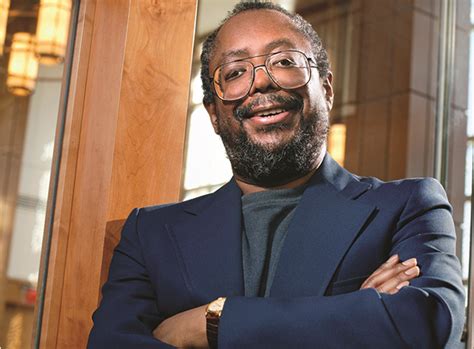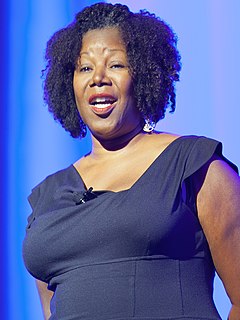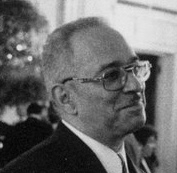A Quote by Edward P. Jones
My mother worked in the white world, but I lived almost exclusively in a black world. I don't think I had ever seen a white teacher until I got to high school.
Related Quotes
All my playmates were black. I lived in a little community called Archery (ph) in a rural area. And I didn't have any white neighbors at all. So all my kids with whom I fought and wrestled and went fishing and worked in the field and so forth were African-Americans. And that was my life. So when I got to be school age, we had to separate during the daytime, but I always felt like I was in an alien environment when I was in Plains, Georgia with white kids. I was eager to get back where I belonged with my black playmates.
I've never seen a sincere white man, not when it comes to helping black people. Usually things like this are done by white people to benefit themselves. The white man's primary interest is not to elevate the thinking of black people, or to waken black people, or white people either. The white man is interested in the black man only to the extent that the black man is of use to him. The white man's interest is to make money, to exploit.
There was a Yale even before Larry [Kramer] and I got there, and there were three designations of students: "white shoe," "brown shoe," and "black shoe." "White shoe" people were kind of the ur-preppies from high-class backgrounds. "Brown shoe" people were kind of the high school student-council presidents who were snatched up and brushed up a little bit to be sent out into the world. "Black shoe" people were beyond the pale. They were chemistry majors and things like that.
I myself saw the great works of Western civilization for the first time in my high school in Lithuania in bad black-and-white reproductions on miserable paper. That was, for many years, what art was for me. But from those miserable black-and-white reproductions, I got something, something unmistakable.
Back when we was in school in Mississippi, we had Little Black Sambo. That's what you learned: Anytime something was not good, or anytime something was bad in some kinda way, it had to be called black. Like, you had Black Monday, Black Friday, black sheep... Of course, everything else, all the good stuff, is white. White Christmas and such.
And although I have seen nothing but black crows in my life, it doesn't mean that there's no such thing as a white crow. Both for a philosopher and for a scientist it can be important not to reject the possibility of finding a white crow. You might almost say that hunting for 'the white crow' is science's principal task.







































